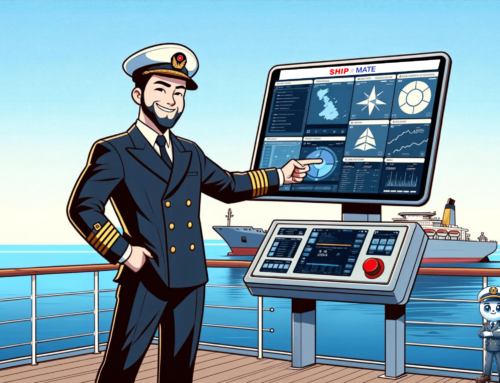Thanks to the ever-evolving global business landscapes, the oil and gas industry has become highly competitive. With international interests, changing international diplomacies and an increased interest of countries like China, the Oil and Gas production industry is no longer what it used to be a few years ago.
Today, marine fleet management has metamorphosed from the previous highly unreliable offline process to one that is advanced, completely online and gives trustworthy real-time data owing to high-speed communication systems and technological advancements. These technologies have allowed shipping businesses to improve their quotient of efficiency and productivity to a great extent while also aiding in loss mitigation. It is a one stop location to gauge data allowing for centralised administration of technical ship management information.
Most companies in the shipping industry have been tapping into these digital trends to enhance their practices and fleet management is recognised as one of the many foundational factors that is at the helm of a transformation.
There are three aspects that surround the upcoming trends in fleet management and these include:
-
Digitisation
The next step, without a doubt, is automation in marine fleet management and while this may take a while to come onto the threshold of routine shipping practices, the wait will be worth it. Even with automation, the focus will be on the creation of fleet management systems that are human-led and highly dependent on a manual input. Complete automation is not a desirable end goal when it comes to digitising marine fleet management systems.
2. Transparency
Data sharing amongst players in the shipping industry for marine fleet management, in adherence to regulations will become a priority to ensure transparent systems in the future.
3. Collaboration
While sea to shore collaboration is on the radar today, the future goes beyond. The use of big data in the shipping industry, one of the undeniable future trends in marine fleet management, is only possible based on a prerequisite that the shipping companies around the world are willing to collaborate and corroborate their data. The implications of these collaborative measures, no matter how small, shall be far-reaching and incredibly transformative.
The future of naval systems and marine fleet management seems to be bright and strides ahead from the ‘modern’ technologies in use today.


